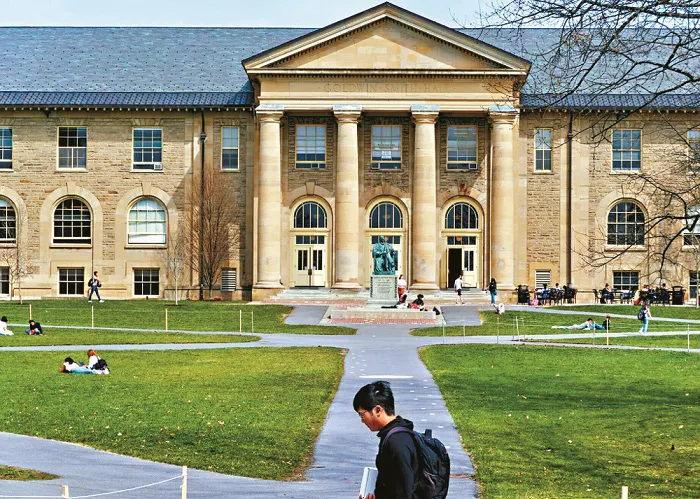Hong Kong/Singapore – Rising U.S.-China tensions, visa uncertainties, and safety concerns are pushing Hong Kong and mainland Chinese students to reconsider studying in the United States, with many now favoring universities in Hong Kong, Singapore, and other Western countries, education consultants say.
Declining Interest in U.S. Studies
The number of Hong Kong secondary students pursuing U.S. higher education has plummeted over the past decade, from 363 in 2015 to just 87 in 2023, according to Hong Kong’s Education Bureau. Consultants attribute the shift to stricter U.S. visa policies, high costs, security fears, and racial discrimination concerns.
“Many families now prioritize destinations like the UK, Canada, or Australia due to perceived stability and smoother visa processes,” said Ng Po-shing, a student guidance consultant at Hok Yau Club.
Visa Revocations Spark Anxiety
Recent abrupt cancellations of U.S. student visas—including some Chinese nationals—have heightened unease. The Associated Press reported that at least 790 students across 120+ U.S. institutions recently had visas revoked or legal status terminated, with advocacy groups warning the number could rise.
One Chinese student, weeks from graduation, had her F-1 visa abruptly canceled over an unspecified “criminal offense,” mainland outlet Jiemian reported. She claimed her only past incident was a dispute with an ex-boyfriend that led to a police call—hardly a serious violation.
Students Weigh Risks of Travel
On Chinese social media platform RedNote, students debate whether returning home for summer is worth the risk of being barred re-entry. Those in “sensitive” fields like biochemistry and optoelectronics are especially wary.
“Since there’s always deportation risk even in the U.S., I might as well go home—it’s not worth the stress,” one student wrote. Others, like a Georgia Tech admit, are proceeding cautiously while job-hunting as a backup.
Hong Kong, Singapore Gain Appeal
Amid the uncertainty, Hong Kong and Singapore are emerging as top alternatives due to competitive tuition, strong global rankings, and proximity to home.
“Parents value these destinations for safety, cost, and degree recognition in China,” said Kitty Wu, founder of Litz USA Student Service.
With over 1.1 million international students in the U.S. last year—many reliant on self-funding—the visa crackdowns could reshape global student flows, potentially benefiting rival education hubs.


